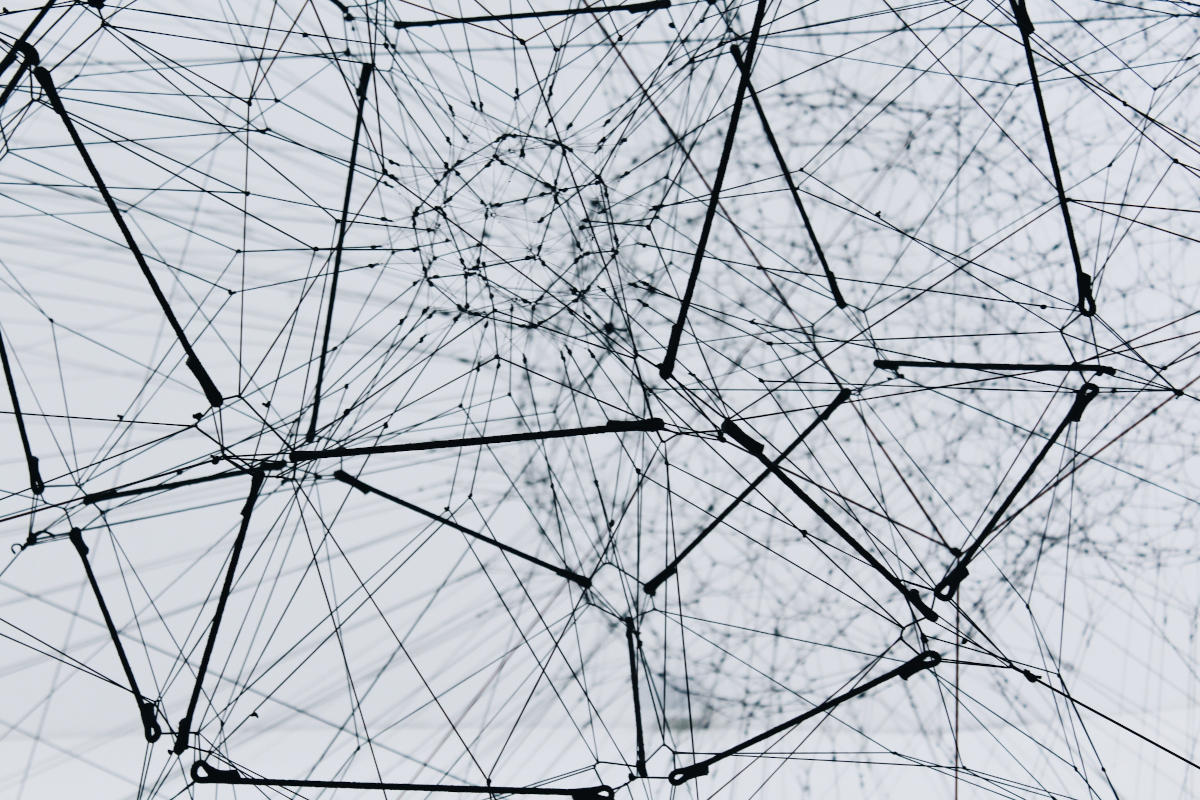
As documented under about, the founding of stsing has caused a bit of a stir. The aim was always to unfold the heterogeneity of the research field. During meetings of STS organisations in Germany that have taken place over the last few years, the idea came up to organise a conference that would provide a platform for the various scientific communities involved in the study of science and technology. This is how sts-hub was established, an innovative and collaborative platform.
Update
Check the Hub's first public (virtual) Info chat on the 8th of April 22, 1-3pm. Drop a message to: chat[at]sts-hub.de.
Call for Papers
How do we practice STS in Germany? Which are the different scholarly fields doing STS in this region? How do these relate to each other and which topics stimulate joint interdisciplinary and integrated STS research? Which institutions and actors participate in German STS research communities? To explore such questions, we initiate STS-hub.de, a series of meetings in the form of ‘hubs’ that aim to connect existing STS networks, associations, research groups and individual scholars. While we recognise several international fora, such as EASST and 4S, we miss a regional opportunity for scholars strongly linked to and affiliated with the German academic system, which may shape STS research in unique ways.
Check out the website of the event.
Against this background, we organise a pilot STS-hub.de and schedule it for March 15th–17th 2023 at the Human Technology Center in Aachen (www.humtec.rwth-aachen.de). The theme is circulations (see abstract below). We invite proposals for open as well as closed panels. Note, if you propose an open panel, be prepared to organise your own process of selecting panel participants. If you would like to contribute, please send a panel proposal (300-500 words, plus 80 words biographical note on each contributor) by June 30th 2022 to programme@sts-hub.de.
Proposals should approach circulations from a multidisciplinary perspective. Recognising that science-technology-society relations have also been studied in the humanities & arts, social, natural, medical sciences and engineering, we welcome joint proposals that build bridges between STS scholars and researchers who draw on roots in academic disciplines and fields in the wider landscape of Wissenschaft. We invite you to engage with STS-hub.de as a space for both – facilitating panels based on paper presentations as well as experimenting creatively with the format of your panel. For instance, practice workshops, artistic exhibitions, explorative outdoor tours, and other interactive session formats are possible. If you like to suggest an experimental format, please specify your idea briefly in your proposal.
As we would like to engage in a co-creative process to brainstorm about panel proposals together, we invite you to a virtual chat with the STS-hub.de organisers on April 8th 2022, 13:00–15:00 CET. To register for the event, please send an e-mail by March 31st 2022 to chat@sts-hub.de.
Circulations
Circulation is one of the key organising principles of present-day societies, but at the same time constitutes contested dynamics. We call for empirical studies and critical reflections on the circulation of research objects, knowledge, instruments, experts, and skills in technoscientific configurations. Contributions could approach circulation with familiar STS sensitising concepts, such as infrastructure, translation, power, and care. So, let’s circulate! How are circulations enabled and constrained by social, material, economic, environmental, and other infrastructures? With a view to infrastructures, we recognise that the circulation of COVID-19 across borders and continents has partly been contingent on its transportation through air passengers. Its circulation through our bodies and communities has turned the virus into a critical object of research. For knowledge about the virus to be produced and disseminated, the peer review system has been accelerated so as to facilitate the circulation of ideas, drafts, and publications. Likewise, digital platforms have afforded the circulation of virological concepts across disciplinary and professional boundaries.
How are scientific concepts, methodologies, instruments, and technologies translated when circulating from one place to another? Technoscientific entities circulate and transform within heterogeneous relational webs (through paper, air, bodies, models, data, markets, images, hashtags). To follow how technologies, such as the renowned Zimbabwe Bush Pump and the Pap smear, circulate and are reconfigured locally to be made applicable in different contexts, we need to study practices of translation. The examination of circulations within complex systems, such as electricity grids, powerplants, and air traffic, enables a better understanding of how scale is being made at the local, regional and global level.
Who has the power to control the scale, speed, and directions of circulation within networks? While some knowledge is made to circulate at high speed among communities of experts and wider publics, other knowledge might better remain confined to the laboratory – knowledge about CRISPR-babies may be a case in point. Who can govern the flow of knowledge once it leaves the laboratory, and whether it can be governed at all, turns into a publicly debated matter of concern? For example, knowledge about the safety of childhood vaccinations or environmental challenges circulates in and through online communities, where it becomes increasingly difficult to distinguish between ‘scientific facts’ and ‘fake news’. This has generated new debates about the circulation of knowledge and the epistemological status of truth.
How do we as STS scholars carefully relate to circulation in interactions with our informants, public communication, and academic writing? Circulations are never innocent – they can come at high costs for some while benefitting others. Costs and profits often emerge from the intertwinement of different systems of circulation. The circulation of socioeconomic value is contingent on the material circulation of waste in oceans as well as knowledge about their contamination. To circulate or not to circulate evokes questions of solidarity and of violence. Is there a responsibility of STS to resist, disrupt, or prevent some forms of circulation? Which circulations do we care for maintaining?
For more information, please contact stefan.boeschen@humtec.rwth-aachen.de.
STS-hub.de 2023 is jointly organised by Stefan Böschen, Paula Helm, Stefan Laser, Ingmar Lippert, Jan-Hendrik Passoth, Jan-Felix Schrape, Cornelius Schubert, Mareike Smolka, Jan-Peter Voß, und Lisa Wiedemann (alphabetical order).